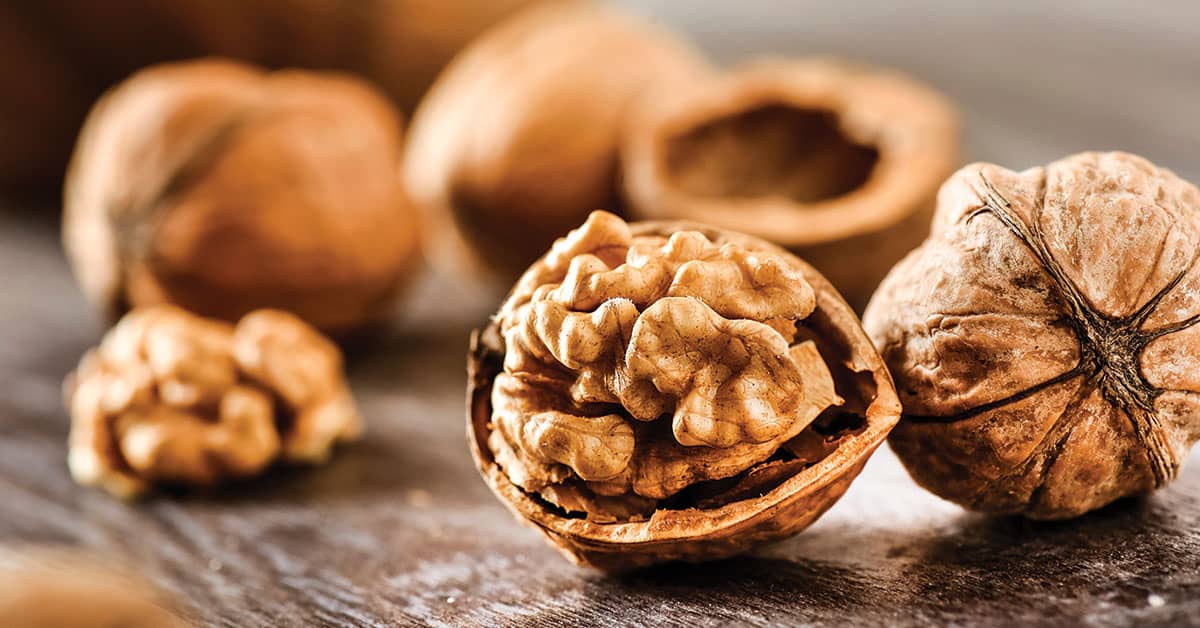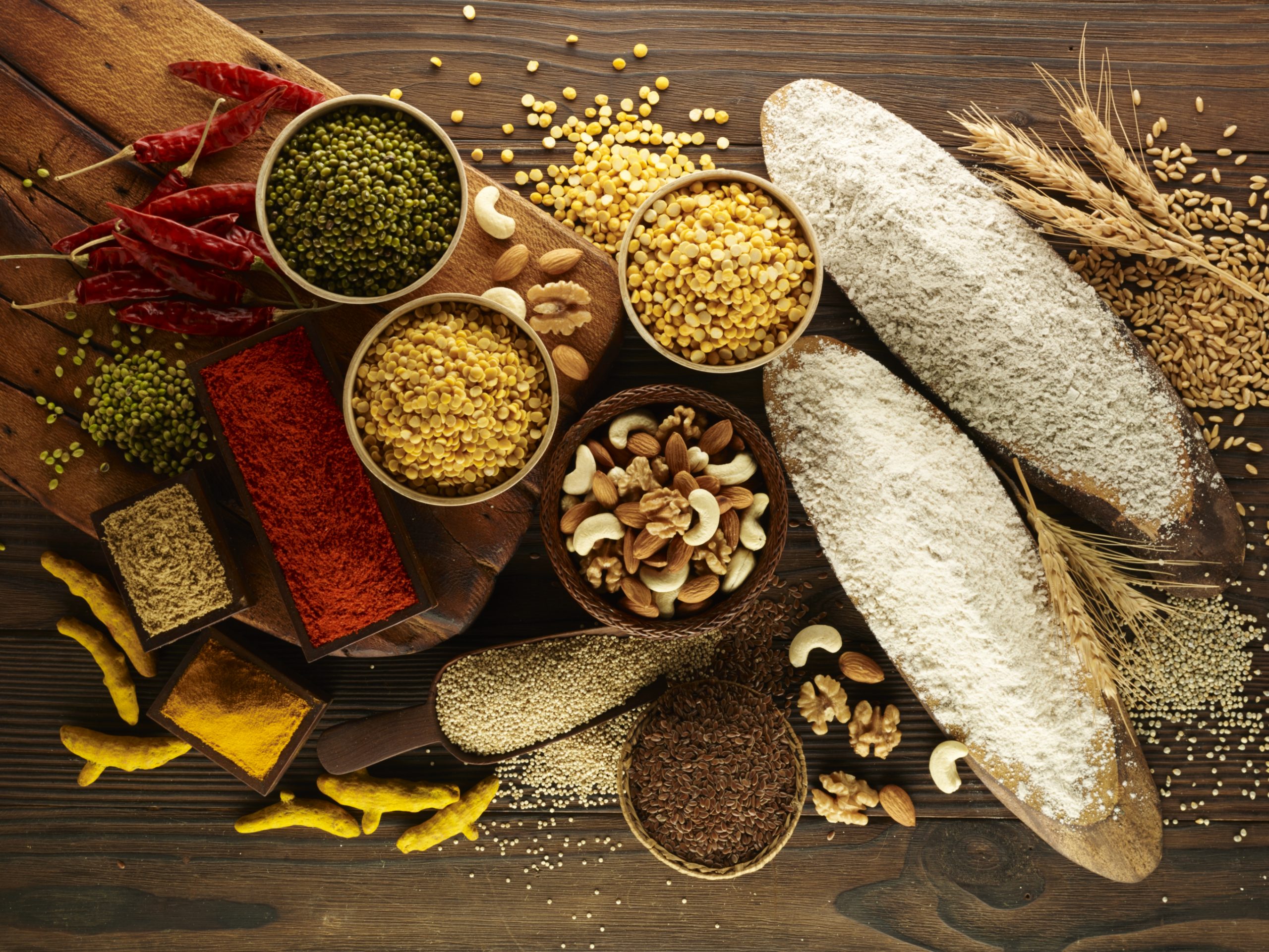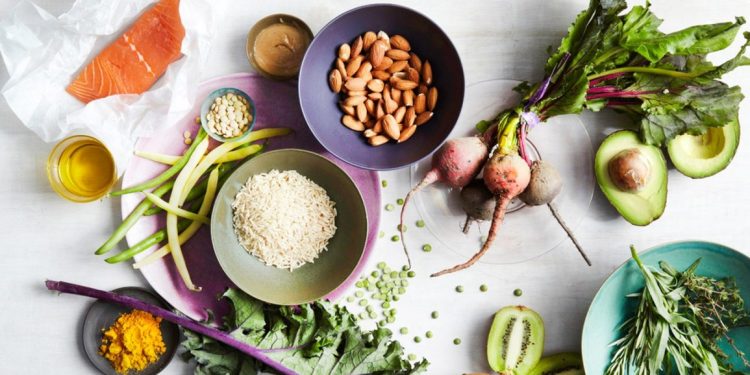“The food you eat can be either the safest and most powerful form of medicine or the slowest form of poison.”
Hail food! (Cried my inner-self). Over the decades the field of nutrition has evolved tremendously. Not only has it opened paths for greater research and discussions but it has led mankind to many beneficial discoveries as well. Nutritional foods are beneficial in several ways. But nutritional powerhouse foods can do much more.
Packed with vitamins and minerals, nutritional powerhouses lessen the risk of several progressive chronic diseases. So, you get a 3-in-1 package.
These foods are not only nutrient-dense but also low in calories. Which means that we can eat food without getting fat. But that doesn’t mean we overdo it.
Nutritional powerhouse foods optimize our health and are readily available for us to consume.

-
Cacao
This is the secret of food not many know about and the food about which many are ignorant. Cacao is the superfood of all superfoods.
It is rich in healthy fats and is also one of the highest sources of magnesium in nature. It has more antioxidants per gram than any other berries (which are pretty high in antioxidants) and even other foods.
This is the ultimate superfood. We have heard that dark chocolate is good for your health. Dark chocolate is made of cacao, the ratio of it varies from chocolate to chocolate.
It is also high in flavonoids and neurotransmitters, which means chocolate does make you happy.
-
Blueberries
We’ve always known that blueberries are high in antioxidants. But did you also know that is considered to be the original superfood? They contain Vitamin A, Vitamin C, Potassium, Iron, Folate, Manganese, and 15 different types of anthocyanins. Not only that they also contain protein, potassium, and Vitamin B6. Talk about power-load huh?
Blueberries fight inflammation and reduce the risk of cognitive decline. Blueberries are also cardioprotective food.
-
Egg
A 70-calorie package with 13 essential nutrients. To say it is jam-packed, would not be wrong! Many have associated eggs in the past with high cholesterol and raising blood pressure.
In reality, eggs are high in nutritional benefits. The yolk is the biggest source of choline (second only to the liver). Choline is important for the nervous system, memory, and mood.
Eggs are also a big protein source, containing various minerals and vitamins. They contain omega-3 fatty acids and antioxidants such as lutein and zeaxanthin (good for eye health).
-
Tomatoes
High in Vitamin A and Vitamin C and fiber, tomatoes can help lower blood pressure and stabilize your mood. They are also the richest dietary source of lycopene.
They may lower blood pressure and reduce the risk of heart disease and cancer. But remember to indulge in the lines of a balanced diet. Unnecessary excess of it may cause you kidney stones.
-
Oranges
Oranges are full of Vitamin C. Vitamin C is responsible for preventing Scurvy. Oranges have a powerful combination of Vitamin C, folate, and potassium.
Instead of giving you a sugar rush (like many other sweet things do), they give your energy but steadily.
Oranges also contain pectin, which is a soluble dietary fiber that may reduce cholesterol levels.
It is better to eat an orange whole than a glass of juice. Because in the juice form, most of the fiber is lost.
-
Salmon
Who would’ve thought that a pink fish would be so beneficial to us?
Salmon is the home of omega-3 fatty acids. Low in calories and high in nutrients (Vitamin B6, niacin, riboflavin). It lowers your cholesterol, prevents heart diseases.
It is also responsible for boosting your serotonin levels which in turn reduces stress. One thing you can be sure of is: you can never go wrong with Salmon!

-
Nuts
Walnuts are good for the brain. Almonds are loaded with antioxidants. Pistachios are good for cholesterol. Cashew improves symptoms of metabolic syndrome. Pecans lower LDL.
Macadamia Nuts reduce heart disease risk factors. Brazil Nuts lower oxidative stress among other things. Hazelnuts are a good source of Vitamin E. Peanuts may reduce the risk of type-2 diabetes.
Need I say more?
-
Leafy Vegetables
No amount of emphasis on leafy greens is enough. Kale, spinach, swiss chard are among the healthiest of foods. High in magnesium, they improve our body’s response to stress. They are also full of antioxidants.
They are high in iron and folate. So, blood flow to the brain is improved and depression is reduced.
As they are nutrient-dense, their calorie level is low. They can be used in salads, soups, and many other healthy alternatives.
-
Yogurt
Yogurt is a probiotic, containing the ‘good’ bacteria. It also contains magnesium and calcium. It keeps your digestive and immune system healthy.
Greek yogurt is high in proteins, lower in calories, sodium, and sugar. One can opt for it instead of yogurt as well.
-
Legumes
Legumes are the meat of vegetarians. Being great sources of protein, carbs, and fiber. They are low in glycemic index, meaning they won’t raise your blood sugar levels to an extreme. And will reduce the risk of type 2 diabetes.
They also contain several vitamins and iron. They are economical and a very healthy substitute for fat-filled portions of meat.
-
Sweet Potatoes
Sweet potatoes are highly nutritious and full of vitamins and potassium. They are rich in antioxidants that protect our body from inflammation-causing free radicals.
They contain both types of fiber. Hence, being beneficial for our digestive health. They also promote healthy gut bacteria. Thus, lowering the risks of irritable bowel syndrome (IBS) and diarrhea.
So much vitamin A in sweet potatoes can only mean good news for our vision. But remember don’t climb over the fence with sweet potatoes. Use them in moderation, not over moderation.





















